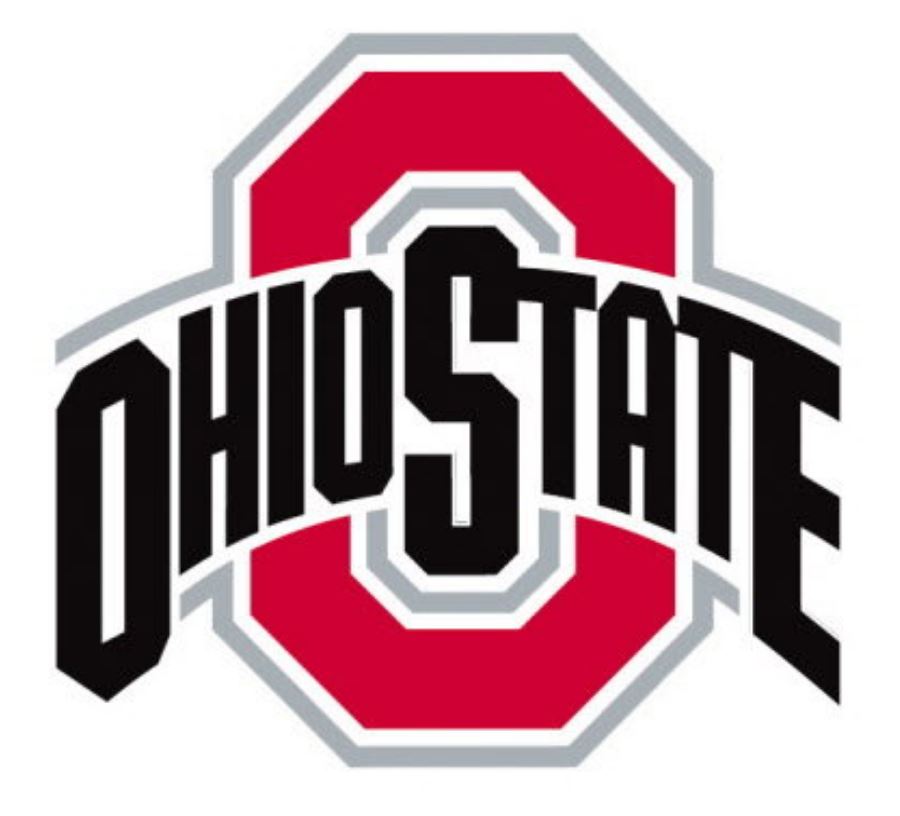- The First Settlement in a GenAI Training Case Has Implications for Content Creators and Business Users
- Act Before the Breakup: Use a Contract to Keep Your Brand Whole
- What Will the New American Revolution of Limiting the Power of the Regulatory State Mean for Businesses?
- What Will the New American Revolution of Limiting the Power of the Regulatory State Mean for Businesses?
- The Copyright Office Issues Its Long-Awaited Report on AI Training Material and Fair Use. Will It Stymie the U.S. AI Industry?
Latest Blog Posts
Yes, Ohio State Registered Just THE as a Trademark. Should We be Worried?

Ohio State once filed an administrative lawsuit in the federal Trademark Office to stop the University of Oklahoma from getting a trademark registration on a depiction of an Oklahoma drum major because of the block letter “O” shown on the front of the drum major. Ohio State claimed the block letter “O” is its trademark and Oklahoma’s use of that drum-major drawing would cause confusion. Eventually, Oklahoma knuckled under, and its trademark application died.
In case you missed it, Ohio State recently received a federal trademark registration for just the word THE. Ohio State started promoting its name as “The Ohio State University” in 1986 to break from being referred to as “OSU,” to distinguish itself from Oregon State University and Oklahoma State University. Some claim its obnoxious emphasis on “the” probably was born when football player Robert Smith announced in 1994 on NFL Monday Night Football that he was from “THE Ohio State University.”
Regarding the recent trademark registration, does this mean Ohio State will now stop other universities from using “The” in their names? Should The University of Virginia and The University of Michigan be quivering? Heck, will speakers of the English language be deprived of using “the”?
Calm down, everybody. The answer to both questions is “no.”
Ohio State’s trademark rights are super narrow. It primarily got the registration to defend itself and to fight counterfeiters.
First, trademark registrations cover specific goods and services. Ohio State’s registration covers clothing, such as t-shirts and hats. It does not cover educational services. Ohio State admits one of its primary purposes in seeking registration is to stop counterfeiters from producing sports-fan apparel using its stand-alone THE trademark.
One of the purposes for getting a trademark registration is to better empower yourself to stop others from causing consumer confusion by using an identical or similar trademark for the same or similar goods or services. That’s infringement.
Ohio State can’t use its registration to stop any other school or anyone else from using a trademark containing the word “the” unless that entire other trademark would cause consumer confusion as to whether the user is affiliated with Ohio State.
Many other colleges have “the” in their names. No one is going to think, say, The University of North Carolina is associated with Ohio State just because UNC has “the” in its name. Thus, there is no way Ohio State ever stops another college from using “the” as part of its name, including the printing of that name on fan clothing.
Indeed, Ohio State claims it applied for trademark registration for defensive reasons. It detected a federal trademark registration application filed by fashion house Marc Jacobs for the trademark THE for clothing items. If Ohio State had not detected it in time, it might never have gotten the trademark THE registered and might have had a problem selling clothing items featuring THE standing alone.
To protect itself, Ohio State quickly filed its own application to register the trademark THE, which application got blocked at the federal Trademark Office by the earlier-filed Marc Jacobs application. Ohio State and Marc Jacobs then worked things out in a consent agreement, which allowed Ohio State to get the registration for sports-fan clothing while permitting Marc Jacobs to get a registration for the same trademark for “contemporary fashion” clothing.
To get its trademark registration, Ohio State had to fight off an initial rejection by the federal Trademark Office that held its use of THE on clothing was just ornamental and not a trademark. This issue comes up whenever someone claims trademark rights to something printed on clothing, such as a T-shirt.
To be a trademark, wording must be used to signify the source of the goods, such as the university licensing use of its name on sports-fan merchandise. Wording on clothing is often just expressive material and not a source indicator (remember “I’m with Stupid” t-shirts?). To overcome this rejection, Ohio State had to show its use of THE on its shirt tags to show use of that word as a trademark and not just an exclamation of school pride.
In the end, getting a trademark registration on a word doesn’t give you a monopoly on use of the word. Everybody remains free to use that word in the generic names of competing products or services and to describe those products and services. Others also can use the term in regular speech. In addition, as noted above, others can use such word as a part of a larger trademark provided there is no likelihood of confusion between that larger trademark and the single word registered as a trademark.
Still, Ohio State had to fight hard to get its trademark registration for the word THE, so I tip my cap. Hail to the trademark victors!
Written on July 20, 2022
by John B. Farmer
© 2022 Leading-Edge Law Group, PLC. All rights reserved.



